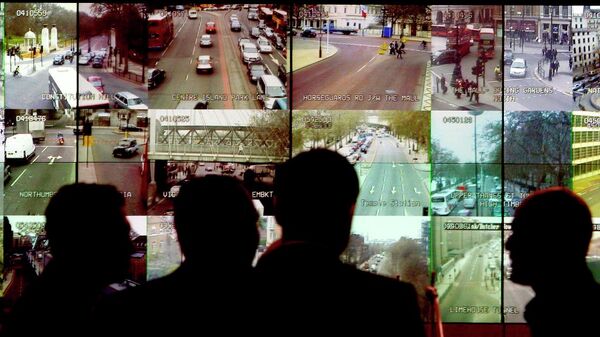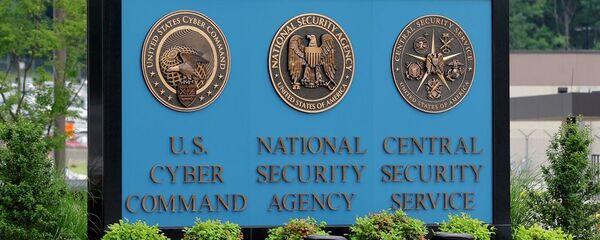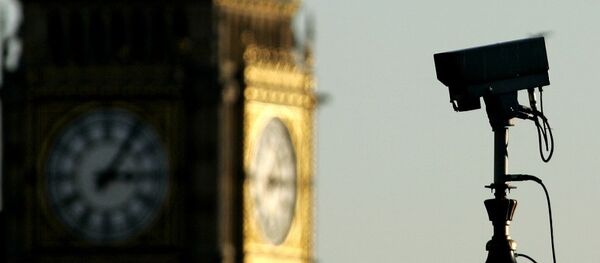David Anderson QC, the independent reviewer of terrorism legislation, has concluded that:
"The current law is fragmented, obscure, under constant challenge and variable in the protections that it affords the innocent. It is time for a clean slate."
His report recommends existing legislation on surveillance should be scrapped but that the intelligence agencies should still be allowed to retain controversial intrusive powers to gather bulk communications data.
Investigatory Powers Report is now up on my website: https://t.co/mfax1rs5b4
— David Anderson (@terrorwatchdog) June 11, 2015
Human rights groups have been critical of the sheer volume of mass surveillance undertaken by GCHQ and the police in the UK, since the revelations by former NSA contractor Edward Snowden, who exposed that masses of communications data was being collected without the need for a warrant from a minister.
#UK government quietly rewrites hacking laws to give #GCHQ immunity http://t.co/lSeiuehZ1z pic.twitter.com/utmoevdbZv
— Surveillance State (@survlnce) June 9, 2015
He claimed that, under project Tempora, GCHQ was intercepting more than 200 international fibre optic cables landing in the United Kingdom for storage and search of Internet traffic.
According to Privacy International, GCHQ must have secretary of state approval to "tap" individuals' communications, but that a loophole in the Regulation of Investigatory Powers Act 2000 allows for mass interception if part of that communication is overseas.
via @RecentApp: NSA slapdown prompts Privacy Int'l to file new lawsuit against GCHQ http://t.co/u7IpUyXwul pic.twitter.com/rFIKSROEKc
— Declan McCullagh (@declanm) June 9, 2015
Since most modern digital traffic is multinational, its claim states that:
"The effect of Tempora is that all communications using fiber optic cables are subject to the risk of interception, search and storage. In practical terms, all users of telephones and the Internet in the UK, Europe and worldwide are subject to the risk of interception."
Emergency Spy Laws Pushed Through Parliament
David Omand, a former head of GCHQ said Edward Snowden knew "virtually nothing" about how the intelligence agencies operate in the UK and that his revelations did "an enormous amount of damage."
However, by the European Court of Justice ruled that an existing EU Directive on data retention was invalid because it was so sweeping in its interference with individual privacy rights. The judgment made clear that existing UK legislation, including the access regime under the Regulation of Investigatory Powers Act 2000 (RIPA), required urgent review.
Ahead of the general election in May — and with days to go before Parliament broke up for recess — a new Data Retention and Investigatory Powers Act (DRIP) was privately agreed following discussions between the then three main party leaders. It became law within just three days — denying time for proper parliamentary scrutiny, amendment or even debate.
Human rights group hit out at the emergency legislation, which made way for continued mass surveillance, and David Cameron promised a review of data collection law, which resulted in Thursday's report, "A Question of Trust".
Thursday's report will have a considerable effect on how a controversial new "Snoopers' Charter" is drafted. Since the DRIP Act was only designed to be a stop-gap, following the European Court of Justice ruling, Cameron's government is keen to re-introduce its Draft Communications Data Bill.
The proposed Act — which was opposed in the last government by the Liberal Democrats — would require Internet service providers and mobile phone companies to maintain records (but not the content) of each user's Internet browsing activity (including social media), email correspondence, voice calls, Internet gaming, and mobile phone messaging services and store the records for 12 months.






